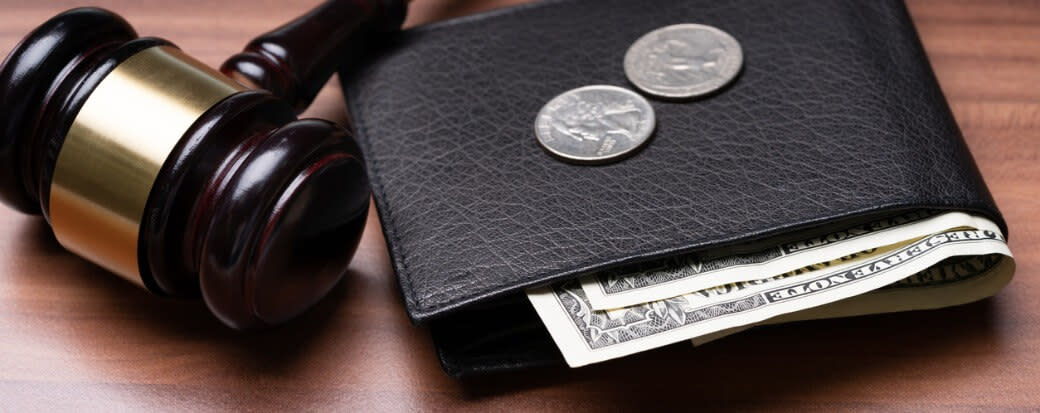Understanding Car Loan Wage Garnishment

Share this article:
Editor’s note: Lantern by SoFi seeks to provide content that is objective, independent and accurate. Writers are separate from our business operation and do not receive direct compensation from advertisers or partners. Read more about our Editorial Guidelines and How We Make Money.
What Is Wage Garnishment?
Can Car Loan Companies Garnish Wages?
How Much of Your Wages Can Car Loan Companies Garnish?
Can You Stop Wage Garnishment for a Car Loan?
Pay Your Bills On Time
Refinance Your Loan
Pay Off Your Deficiency
Reinstate or Redeem Your Loan
Buy Back Your Car
The Takeaway
Frequently Asked Questions
Photo credit: iStock/AndreyPopov
LNTALR-Q125-015
About the Author
Austin Kilham is a writer and journalist based in Los Angeles. He focuses on personal finance, retirement, business, and health care with an eye toward helping others understand complex topics.
Share this article: